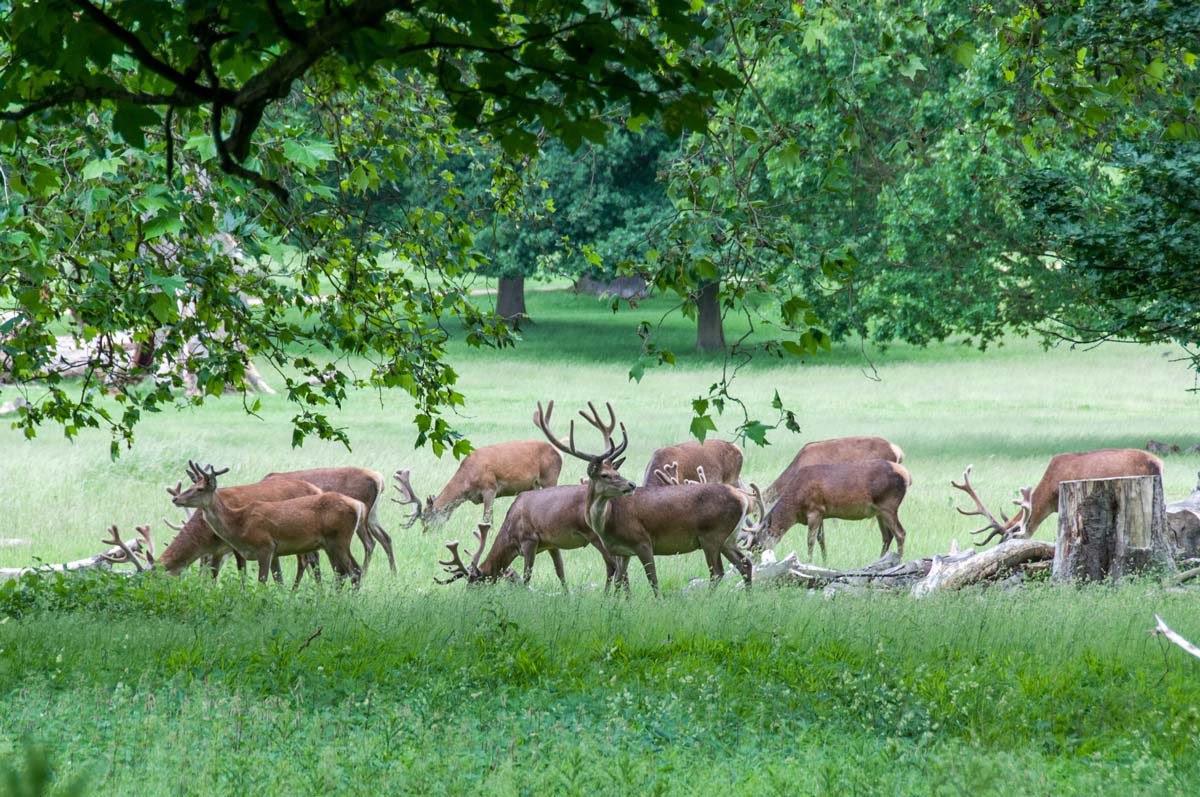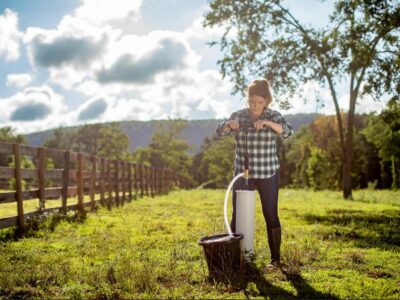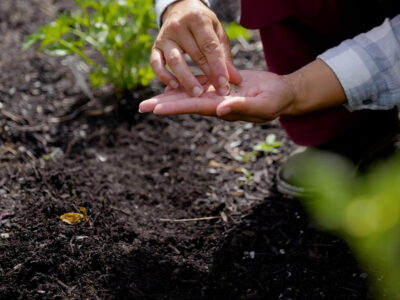I’m excited to share today’s podcast with you all about hunting. For many, hunting brings up negative connotations or even sadness. My guest can completely understand that as he wasn’t raised with hunting as I was.
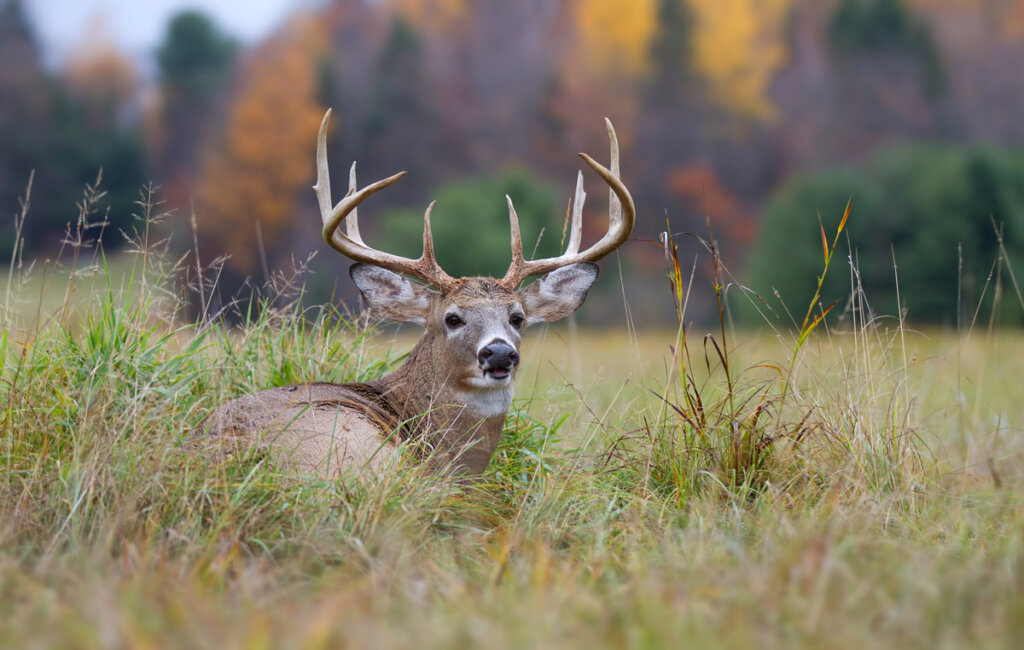
Truth be told, for most hunters, they don’t enjoy taking the life of an animal. But they understand the value of managing the population of various animals and are grateful to that animal for filling their family’s freezer with food.
Natural Remedies Made Simple

Start your home apothecary with confidence—even if you’re brand new. Learn how to choose the right herbs for your body using the simple principles of herbal energetics.
Discover how warming, cooling, drying, and moistening herbs affect your body—so you can stop guessing and start making remedies that actually work.
If you’re interested in hunting, think you might want to begin hunting, or even if you’re an avid hunter, I think you’ll enjoy this podcast (episode #402) with my guest Chris Gilmour.
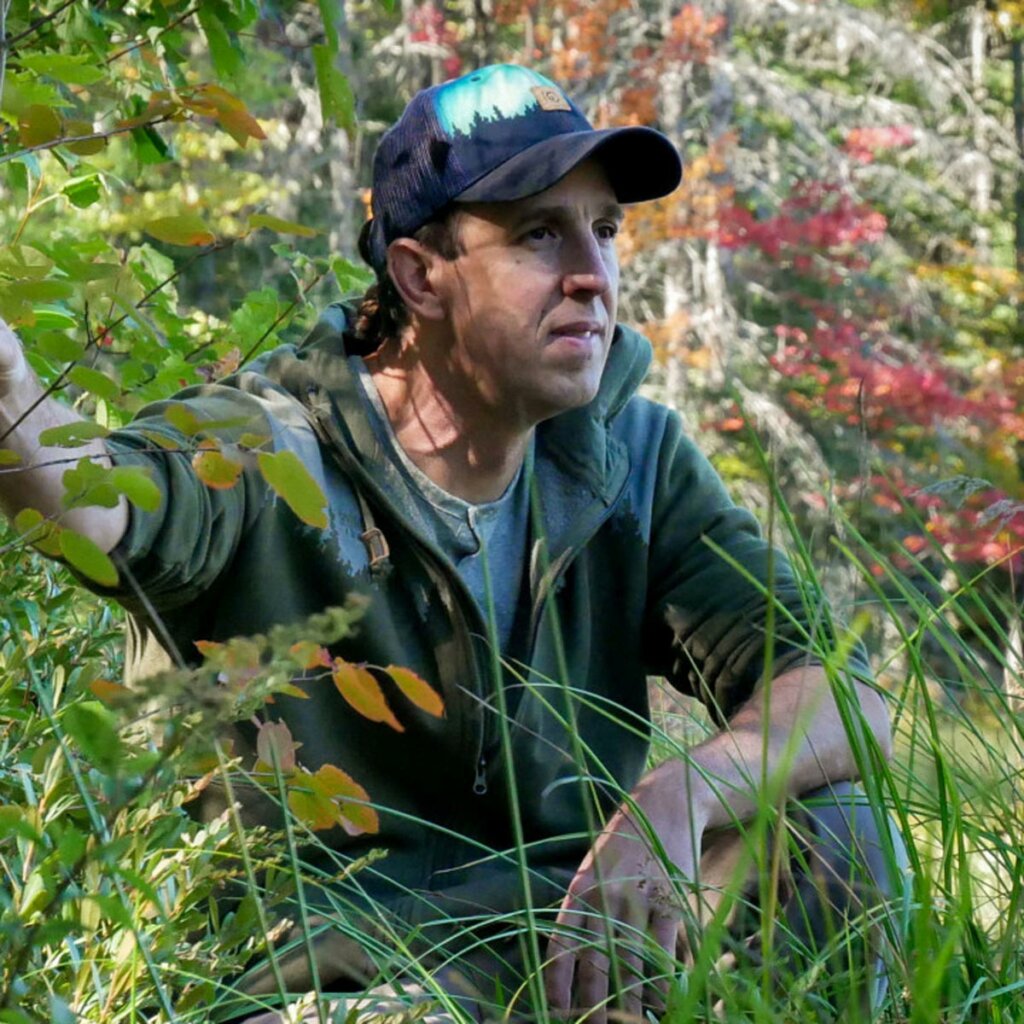
Table of Contents[Hide][Show]
About Chris
Chris has been hunting for over a decade and harvested his first deer with a bow and arrow he made himself. He strives to harvest a significant amount of his family’s food from the land in a sustainable manner.
Today he hunts a mix of big and small game, as well as waterfowl. He hunts with traditional bows, crossbows and firearms.
“Hunting to me is about so many things. It is part of my identity as a human. To me, hunting is about a deep connection to the land, being part of the food chain, providing for my family while being a steward of the earth, and achieving some degree of self-reliance and independence from the modern industrial food system.”
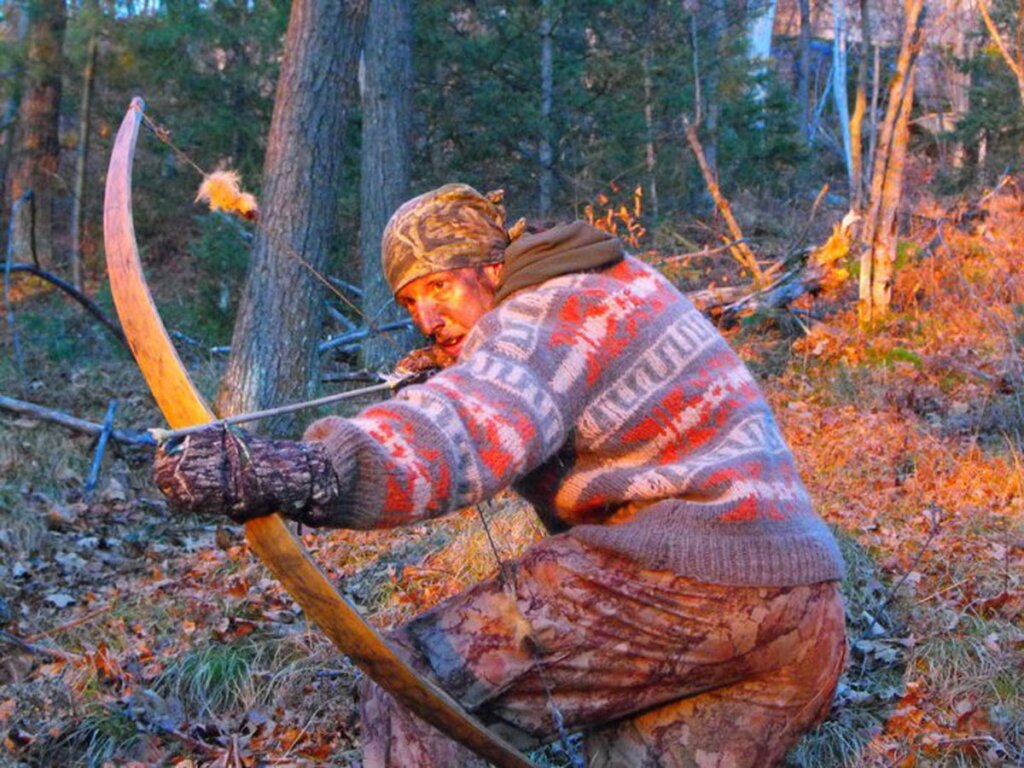
Why Chris Loves Hunting
Chris actually grew up in an urban area and wasn’t exposed to hunting growing up. In fact, for eight years he was a vegetarian. After having some health issues, he ended up seeing a naturopath doctor who recommended he start incorporating meat into his diet again.
After learning about the modern-day food system, especially the meat industry, he wasn’t thrilled with supporting those practices, so he began looking into hunting.
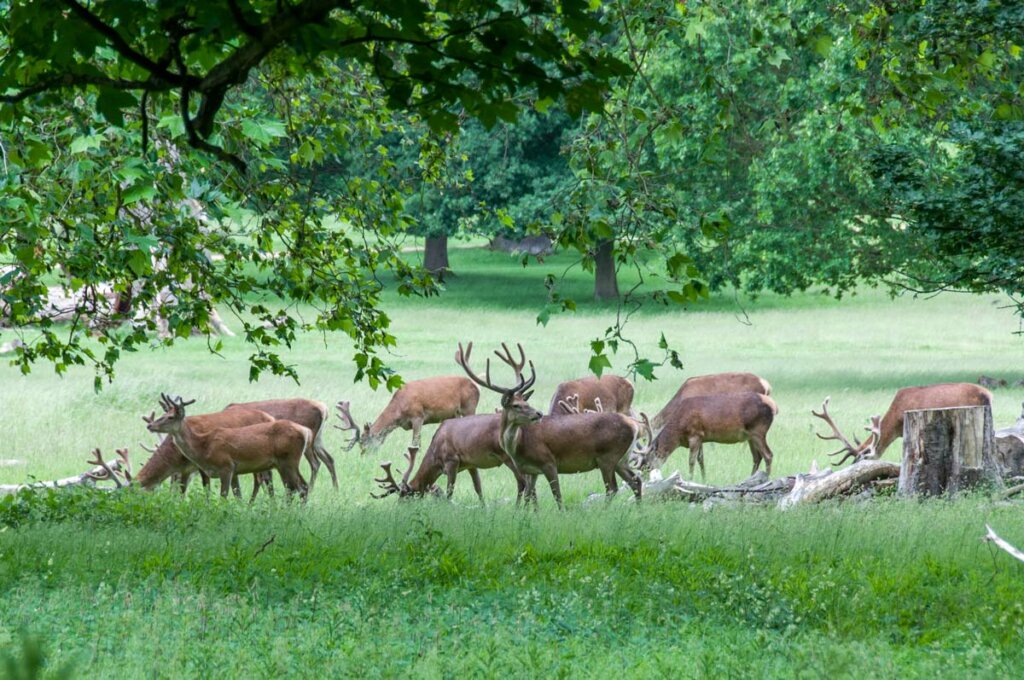
In This Episode:
- Chris’ biases about hunting before he learned more.
- The sustainability of hunting.
- How hunting works (with licensing, tags, etc.)
- Why I think all schools should require a hunter’s safety course.
- Learning about hunting before you go out and hunt and developing various hunting skills.
- Understanding the variables of hunting.
- Various hunting styles/strategies and the cost of getting started.
- Bow hunting vs. gun hunting.
- Learning the basics of butchering (start small!).
- Know the hunting laws for your state.
- Private or public land hunting (and how to stay on the good side of those with private land!).
- The onX app.
- Find a friend or a community of hunters.
- How to join Chris’ Virtual Hunt Camps.
- Verse of the week: Colossians 3:23
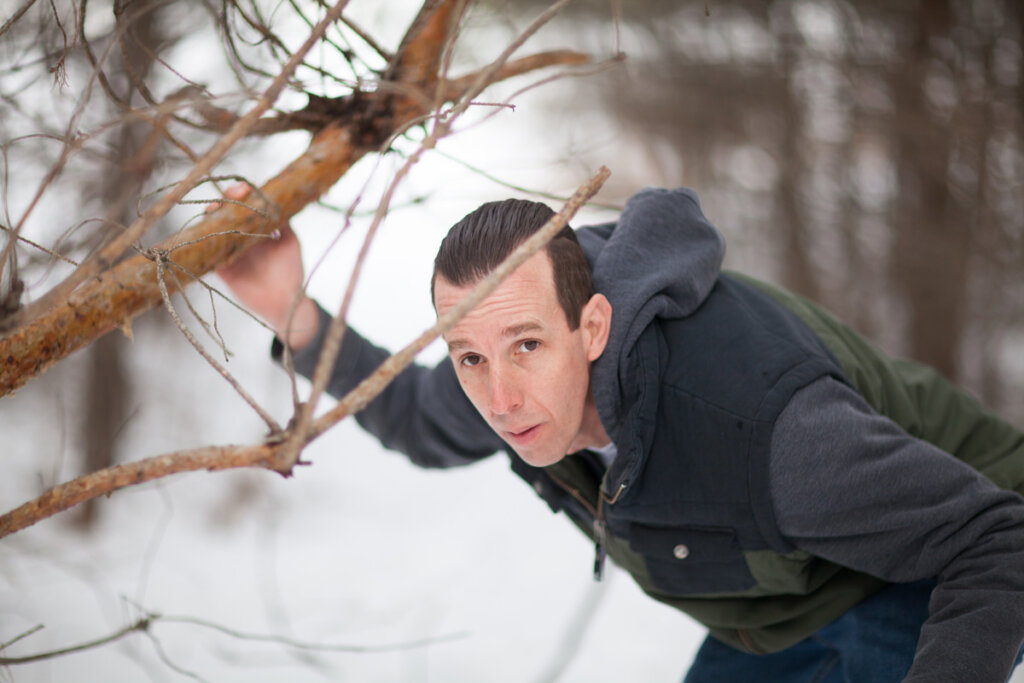
Where to Find Chris
You can find Chris on his website The Hunter’s Journey where you can learn more about his online virtual hunt camps or his Hunter’s Journey Course.
You can also follow him on TikTok and on YouTube, where he shares videos on foraging for wild edibles, growing mushrooms, outdoor survival skills, as well as hunting tutorials.
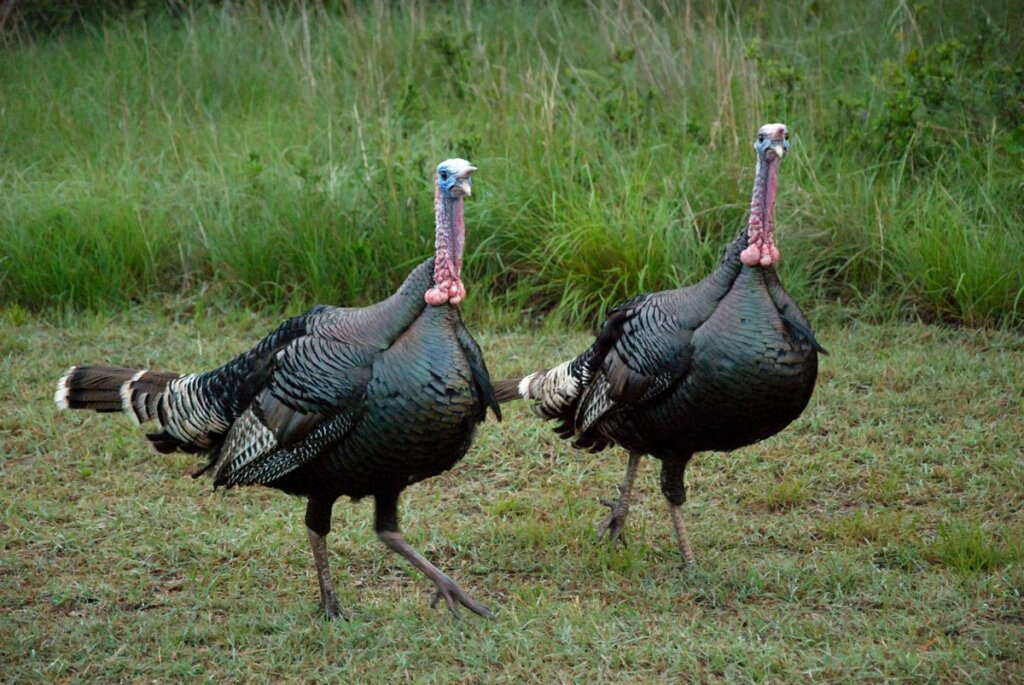
More Posts You May Enjoy
- Cooking Wild Game So It Tastes Good
- Decoding mRNA in Meat
- How to Raise Pigs for Meat
- Raising Rabbits for Meat
- Planning Your Livestock for a Year’s Worth of Meat
- Tips on Raising Chickens for Meat
- Herbal Remedies for Animals (Pets & Livestock)
- What to Know on Butcher Day (Grass-Fed Beef)
- Cuts of Meat to Get When Butchering a Cow
[fusebox_transcript]
